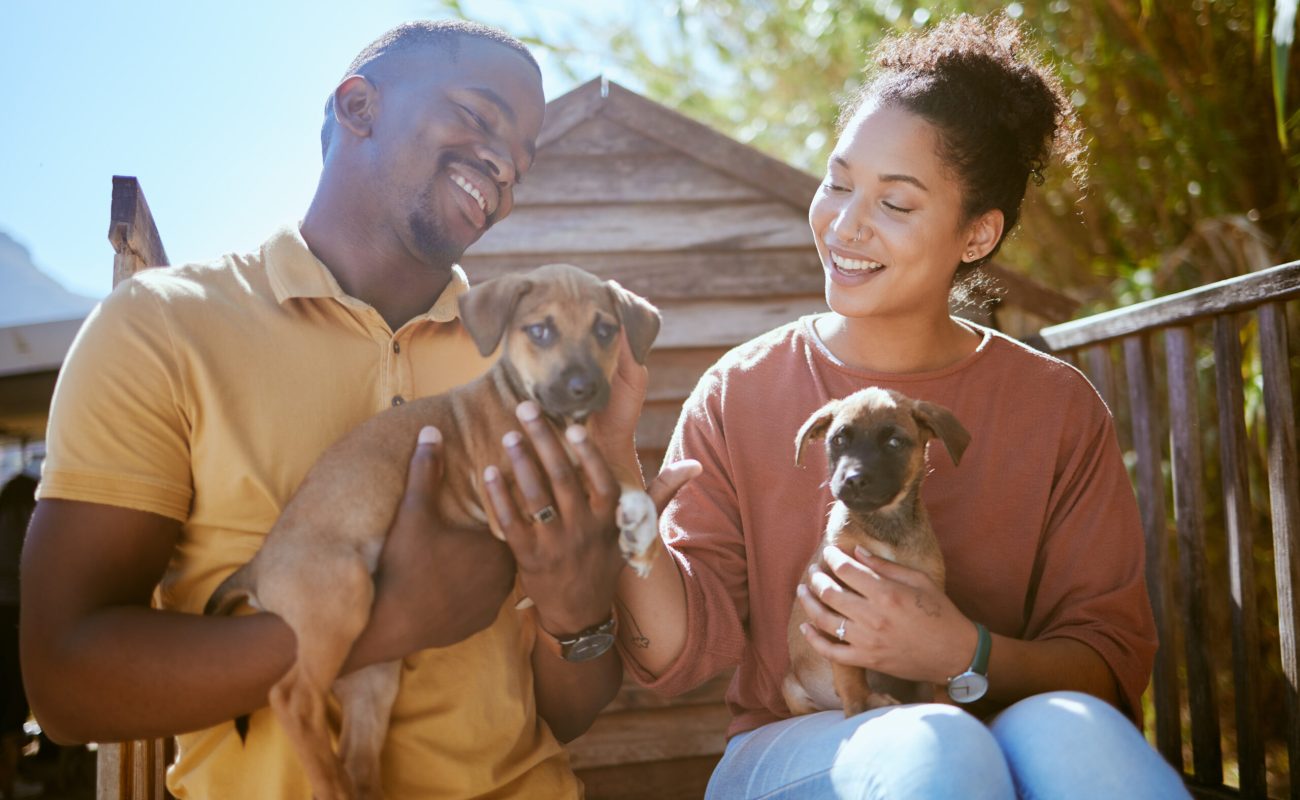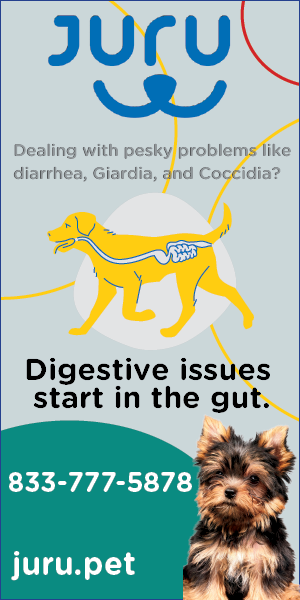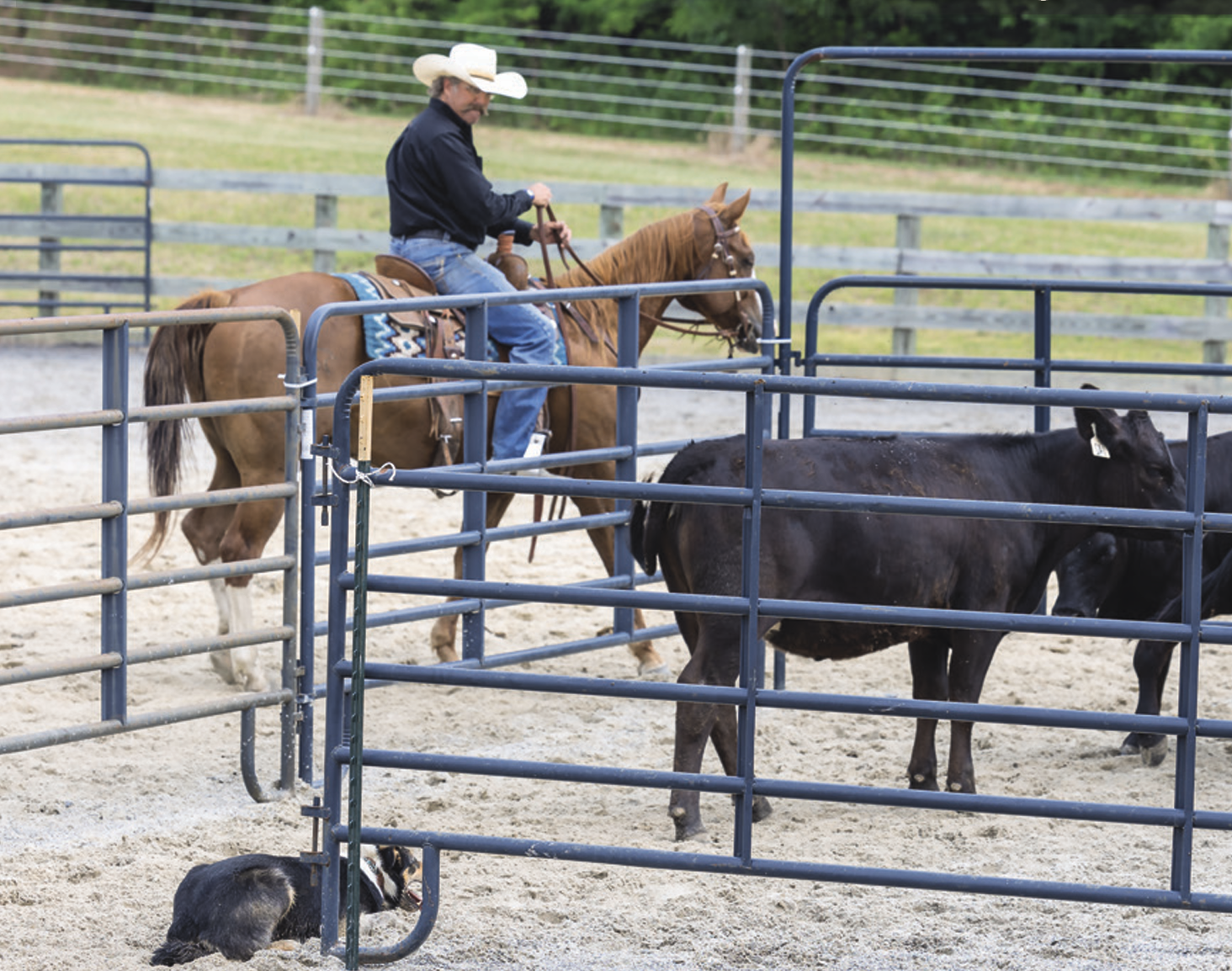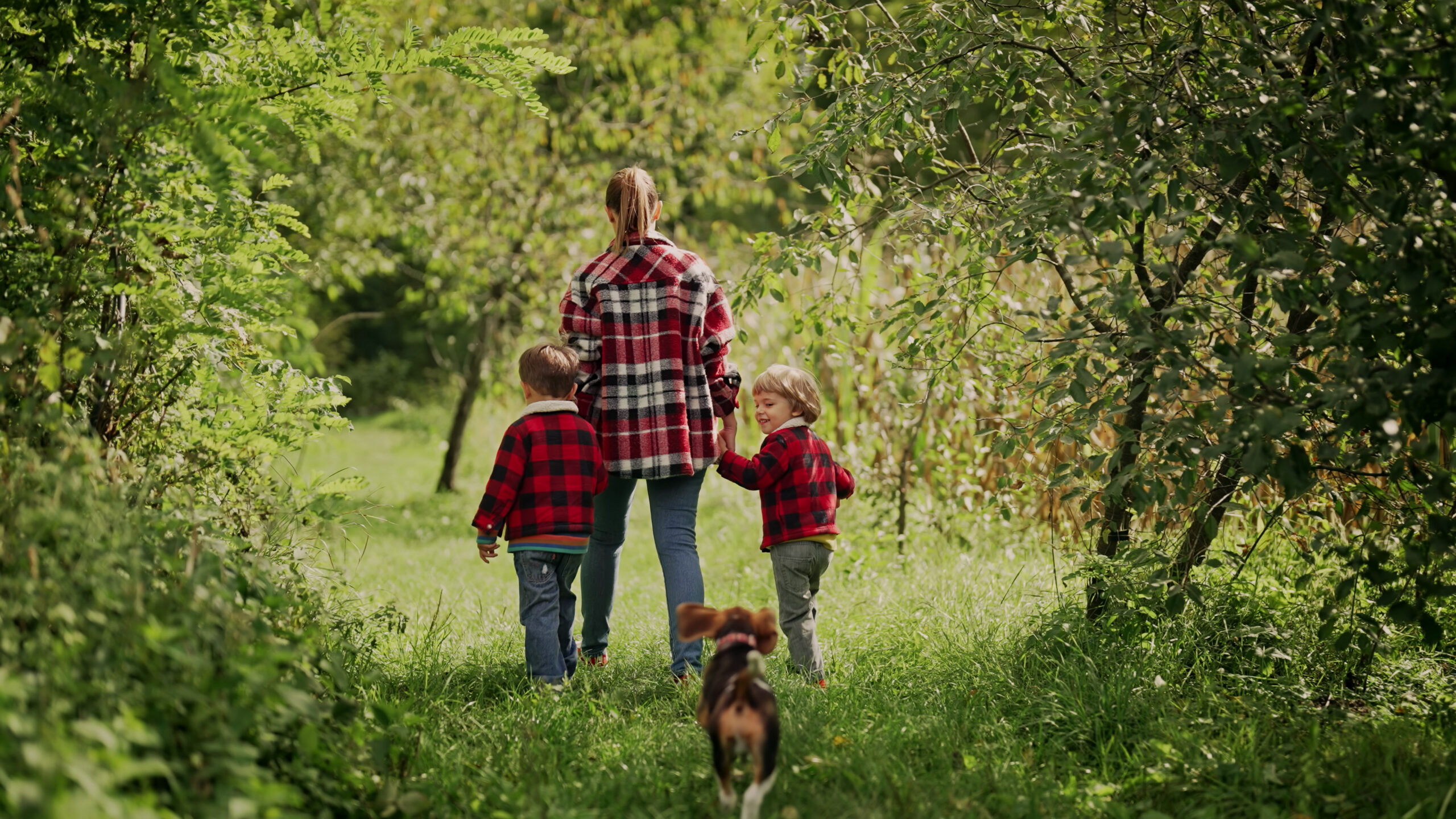Pat, thanks for coming all the way from Indiana to help us with our K.A.P program. In the past, you’ve helped other groups like PAWS set up programs like this. Have those programs been successful?
Well, it’s hard to measure the success, we all measure success differently. To me success is knowing that your team has helped a breeder improve and avoid the issues that can plague our industry. As the PAWs teams continue to grow and learn, the teams get better, and by doing the evaluations consistently, the kennels continuously improve because they know they will be evaluated by their peers. Honestly, peer to peer interaction works really well because unlike having a random officer inspecting your facilities, we actually care about what our friends and the people in the industry think about us. So, all in all, yes, these programs have a track record of being very successful.
What do you think the chances of success are for the K.A.P program?
Long term success I think will be inevitable, but it might take some time. It’s going to be important to get the breeders to embrace this and see the need for continuous improvement. Everyone has to accept it first, and then embrace it, and when we look at the success that has come from other programs like this in other states, there’s no reason we can’t have the same success. I’m really big on continuous improvement, and the fact that we have people on a federal, state, commercial, and beginner level all working to achieve the same purpose within the K.A.P. program is key. I think success for the K.A.P program is possible in a big way.
When it comes to the CCC program, how does the K.A.P program compare, and is there room for both?
Absolutely there’s room for both! While I do feel like everyone breeding dogs on a commercial level should be CCC, as this is the only program out there that the public can understand completely. The thing is, the CCC program is built by scientists and every breeder in my opinion should strive to become certified, while the K.A.P program is developed by our industry, our peers, and dog breeders on the front lines. The K.A.P standards are built to be compatible and in line with the CCC standards, and so the beauty of it is, K.A.P can be part of the journey to maybe becoming CCC. Again, what I want to stress here, is that we want this program to give you as a breeder confidence, because once you have confidence, you’ll go to greater levels.
If I as a breeder get evaluated by the K.A.P team, and I don’t like the score I got, can I make the changes needed and have them reevaluate? Yes, now while we won’t come out every week to evaluate, if you want to make some changes, and acquire a better score before next year, the K.A.P. team is willing to do another evaluation for you. One evaluation a year is suggested if want to participate in the K.A.P program and to receive the certificate for display, but I want to emphasize that this program is voluntary, at no cost to you, and you don’t even need to be a PAWS member to utilize it.
So, there we go, the K.A.P program laid out in a way that we hope can help every one of us as breeders. If you’re looking to step up the game in your breeding practices, but would like some peer-to-peer insight before doing anything else, or even if you are already licensed and inspected, but feel the need for a fresh set of eyes in your facility, having an evaluation done by the K.A.P team could be the best thing you’ve done in a long time!










